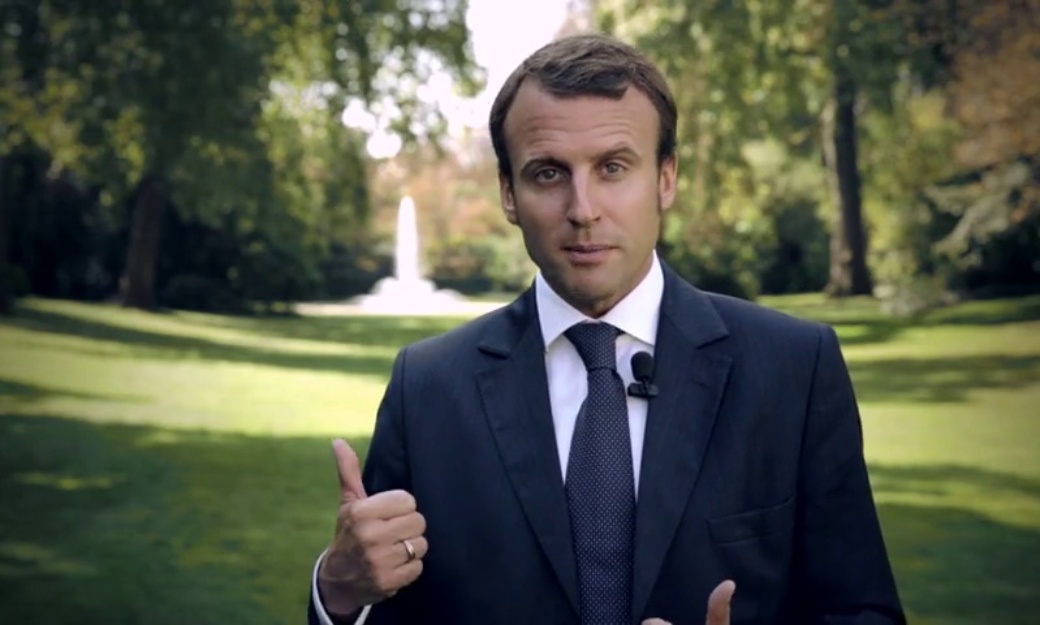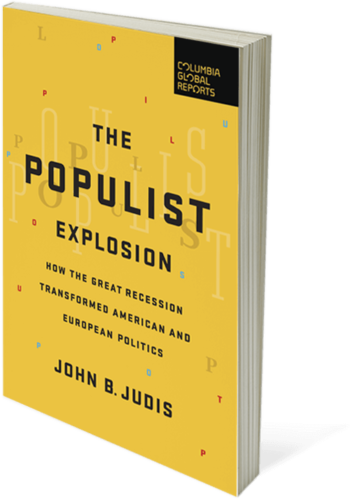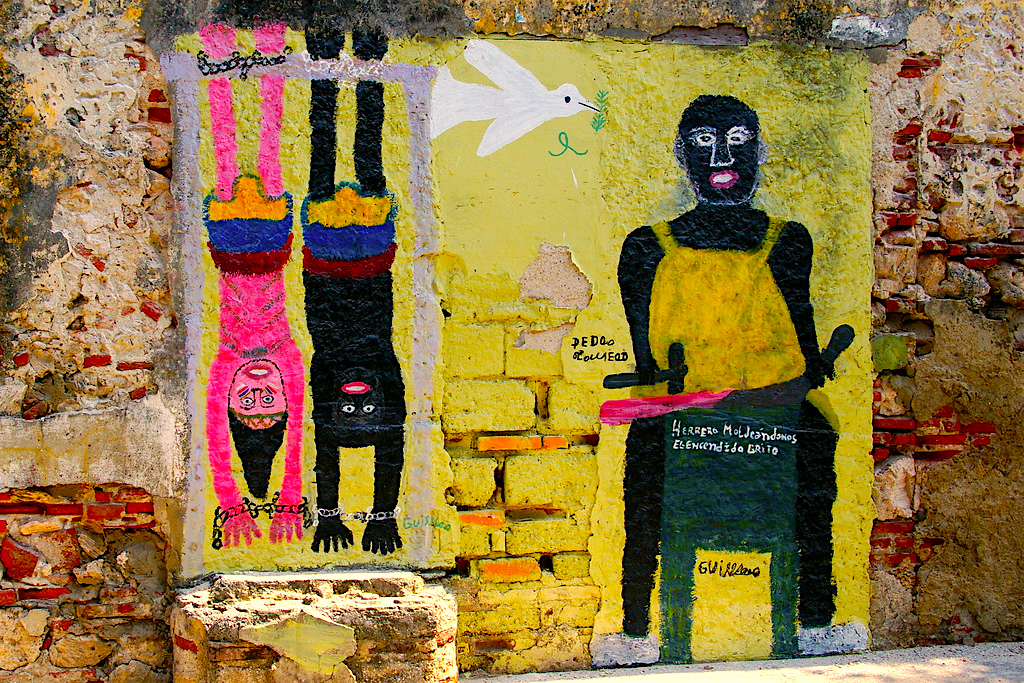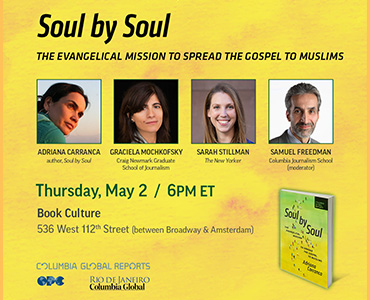Emmanuel Macron, the Populist President

Marine Le Pen flunked the final debate. Over the course of three hours, she tried to portray her opponent, Emmanuel Macron, as President Hollande Mark 2, as a candidate promising five more years of failure. Voters would prefer her populist confection of anti-elitism, anti-globalism and anti-immigration. It was a flawed tactic. After the debate, her poll numbers dipped below 40 percent and continued to slide all the way to election day.
Playing the populist card delivered victory for Donald Trump in America and propelled Britain out of the European Union. But it failed in France. Many commentators will take Macron’s victory as a signal that populism has run out of puff. In reality, the opposite is true, for despite outward appearances, Macron actually ran as a populist candidate.
In his recent book, The Populist Explosion: How the Great Recession Transformed American and European Politics, John B. Judis attributed the "logic of populism" to a conflict between "the people" and "the elite." At first glance, this seems to have held true in France. The "establishment" parties—Les Républicains and Le Parti Socialiste—were roundly rejected, mustering a meagre 28 percent of support between them. Populism had fractured the left-right divide: both Le Pen and Jean-Luc Mélenchon—the leader of the far-left La France Insoumise (Unbowed France)—could legitimately claim the populist mantle.
Yet the final results of the French Presidential elections seem to have scrambled this image. The elite is triumphant. And Macron—a former investment banker, educated at the prestigious École nationale d’administration—is its poster boy.
Some of the reasons for his victory are peculiarly French. Macron clearly benefited from le vote utile—the so-called "useful vote," where French citizens turn out in order to keep out Front National candidates. It was this same electoral phenomenon that delivered Jacques Chirac his crushing 82-percent victory over Le Pen père—Jean-Marie—in 2002. But it was less emphatic this time around. Several French newspapers, including Le Figaro and Le Monde, had fretfully wondered whether the abstention rate might mitigate the impact of le vote utile. Reports of its death were clearly exaggerated. Yet as Libération observed, its effects have certainly been "anaesthetised."
As the triumph of Trump in 2016 demonstrated, populists have enjoyed electoral success by playing to a general sense of voter impatience. Trump underlined all his campaign promises with extreme urgency. Crisis was everywhere—at the borders, at the airports, in the labor market—and everywhere it was imminent. Consequently, a wall with Mexico would need to be constructed "in the first hour of my presidency"; millions of undocumented "aliens" would be deported "on day one." These messages resonated with an electorate weary of compromise and tired of deal-making. Populists have appealed to this need for speed.
France is no different. Economic sclerosis and a 20-month-long state of emergency have supercharged the sense of urgency. Post-Bataclan, France has sat prey to the cruel, diabolic logic of modern terrorism: its suddenness, the sense that indiscriminate violence is always imminent. Marine Le Pen promised, à la Trump, to act instantly on these threats, recently affirming that there was "no more time to lose."
In response, Macron staged his own insurgency. He took this populist rhetoric of hurry and made it his own. Indeed, his meteoric rise mirrors the amazing speed of contemporary politics. "In just one year," he told his supporters after the first round, "we have changed the face of French political life." He says that the movement he has created, tellingly entitled En Marche! (On the March!), is about "creating movement." He wants to unclog the "société bloquée," the economic and political stalemate that grips France, by "giving it agility." His sense of urgency enabled him to outmaneuver Le Pen. The voters seem to agree. Almost one third of the French electorate regarded both candidates as dynamic and "embodying change."
France is nonetheless split along its axis. The geographic distribution of support for Macron as compared with Le Pen remained largely unchanged from the first round. He swept the liberal cities and the western departments; she triumphed in the economically depressed north and the Mediterranean fringe. Macron’s slogan was Ensemble, la France (France as one). Making it a reality will be a gargantuan task. He not only needs to re-legitimize the institutions of the French state, to make them work for ordinary French citizens, but, in concert with Angela Merkel, he must also renew the European project.
Macron’s victory is not a repudiation of populism, but it does represent a novel response to it. His success in office—and the hope of avoiding a repeat face-off with Le Pen in 2022—now depends upon whether he can impart the "agility" that he promised in his campaign. A failure to achieve a large parliamentary presence in the legislative elections slated for June will provide an early indication.
"The renewal of our public life starts tomorrow," declared the new French President-elect. But time is already tight—and French voters are in no mood to wait.
Rhys Jones is an historian, writer and fellow of Sidney Sussex College, University of Cambridge. He tweets @rhyshistorian


